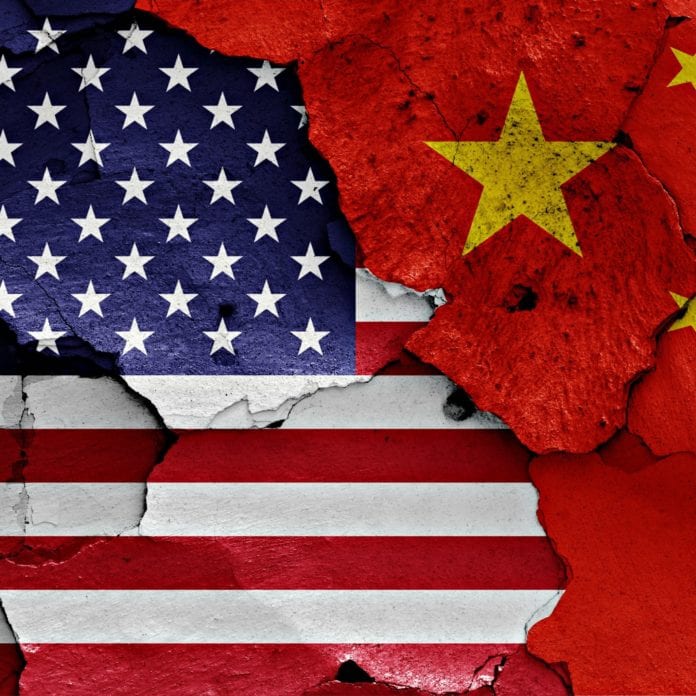The U.S. Commerce Department has posted a new rule specifying that U.S. companies may work on technical standards, including 5G, with Huawei and its affiliates around the world, despite ongoing restrictions on sale and sharing of U.S.-based technology with the company.
The rule amends the Huawei “entity listing,” which restricts sales of U.S. goods and technology to the company. The United States placed Huawei on the list in May 2019, citing national security concerns.THe new rule authorizes the release of certain technology information to Huawei or its affiliates if that information contributes “to the revision or development of a ‘standard’ in a ‘standards organization.’”
Commerce said that the new rule “is meant to ensure Huawei’s placement on the Entity List in May 2019 does not prevent American companies from contributing to important standards-developing activities despite Huawei’s pervasive participation in standards-development organizations. … The rule promotes U.S. national security and foreign policy interests by facilitating U.S. leadership in standards-development bodies.”
“The United States will not cede leadership in global innovation. This action recognizes the importance of harnessing American ingenuity to advance and protect our economic and national security,” said U.S. Department of Commerce Secretary Wilbur Ross. “The Department is committed to protecting U.S. national security and foreign policy interests by encouraging U.S. industry to fully engage and advocate for U.S. technologies to become international standards.”
The U.S. has been caught between its self-imposed limitations on technology-related information exchanges with Huawei, and the international collaborative nature of the major standards bodies. Federal officials want the U.S. to dominate 5G technology and mitigate Chinese influence in standards organizations, but because of the Commerce Department restrictions, U.S.-based company representatives became more reticent about engaging, for fear of missteps. Commerce has been fielding questions about what interactions with Huawei are and aren’t allowed, including in standards organizations, since the company was placed on the entity list.
The rule comes after half a dozen U.S. senators sent a letter to Commerce Secretary Wilbur Ross, Secretary of State Mike Pompeo and other top administration officials in mid-April, expressing concern that the Entity List restrictions were having the unintended consequence of allowing China to have greater influence in global standards bodies.
“U.S. technology leaders have been constrained from full participation in 5G standards-setting bodies because of uncertainty over whether such participation is prohibited by the Commerce Department’s export control regulations,” the senators wrote. “We are deeply concerned about the risks to the U.S. global leadership position in 5G wireless technology as a result of this reduced participation, and the economic and national security implications of any diminished U.S. role in 5G.”
The rule, published last Thursday in the Federal Register, means that the advisory opinion posted by BIS in May 2019 no longer applies. That advisory outlined a number of prohibited activities in standards groups where Huawei and its 114 affiliate companies were present, such as participating in a non-public working or study group for standards that included exchanging information about U.S.-based technology or software, or electronic communication/providing access to documents about such technology, or exchanging draft position papers that discussed technology/software but might not become public.
Reuters reported that Boston lawyer Andy Updegrove, who has represented over 150 standards organizations, said that not all standards consortiums may meet the requirements in the new Commerce rule, however. “Overall, it’s a big improvement, but it’s not going to help U.S. companies in every case,” Updegrove said.

